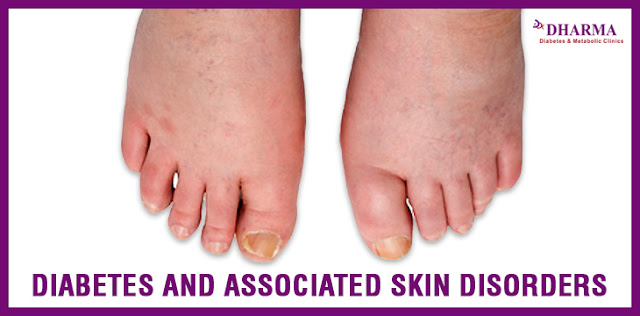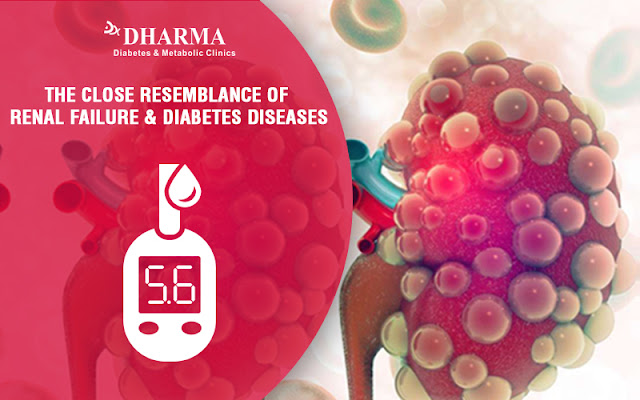Managing Type 2 Diabetes Effectively
Your pancreas makes a hormone called insulin. It's what gives your cells a chance to transform glucose from the sustenance you eat into vitality. Individuals with Type 2 diabetes make insulin; however, their cells don't utilize it the way they should because of excess fat in the body. Specialists call this insulin resistance. To begin with, the pancreas makes more insulin to endeavor to get glucose into the cells. However, in the end it can't keep up, and the sugar develops in your blood.
Qualities: Researchers have discovered diverse bits of DNA that influence how your body makes insulin.
Additional Weight: Being overweight or fat can cause insulin resistance, particularly in the event that you bear your additional pounds in the center. Presently type 2 diabetes influences children and teenagers and grown-ups, fundamentally as a result of youth corpulence.
Metabolic disorder: Individuals with insulin resistance frequently have a gathering of conditions including high blood glucose, additional fat around the abdomen, hypertension, and elevated cholesterol and triglycerides.
An excess of glucose from your liver: At the point when your glucose is low, your liver makes and conveys glucose. After you eat, your glucose goes up, and more often than not the liver will back off and store its glucose for some other time. Be that as it may, a few people's livers don't. They continue wrenching out sugar.
Terrible correspondence between cells: Once in a while cells send the wrong flags or don't get messages accurately. At the point when these issues influence how your cells make and utilize insulin or glucose, a tie response can prompt diabetes.
Broken beta cells: In the event that the cells that influence the insulin to convey the wrong measure of insulin at the wrong time, your glucose gets misled.
Diabetes symptoms include:
• Heart and vein ailment
• High circulatory strain, regardless of whether it's dealt with and under control
• Low HDL ("great") cholesterol
• High triglycerides
• Being overweight or large
• Having an infant that measured more than 9 pounds
• Having gestational diabetes while you were pregnant
• Polycystic ovary disorder (PCOS)
The indications of type 2 diabetes can be so mellowing you don't see them.
• Being extremely parched
• Peeing a great deal
• Blurry vision
• Being bad tempered
• Tingling or deadness in your grasp or feet
• Feeling exhausted
• Wounds that don't recuperate
• Yeast diseases that continue returning
Some body parts that might affect are heart and veins, kidneys, eyes, nerves, which can prompt issue with processing, the inclination in your feet, and your sexual reaction
Causes of type 2 diabetes:
Generally, a mix of things cause type 2 diabetes, including:Qualities: Researchers have discovered diverse bits of DNA that influence how your body makes insulin.
Additional Weight: Being overweight or fat can cause insulin resistance, particularly in the event that you bear your additional pounds in the center. Presently type 2 diabetes influences children and teenagers and grown-ups, fundamentally as a result of youth corpulence.
Metabolic disorder: Individuals with insulin resistance frequently have a gathering of conditions including high blood glucose, additional fat around the abdomen, hypertension, and elevated cholesterol and triglycerides.
An excess of glucose from your liver: At the point when your glucose is low, your liver makes and conveys glucose. After you eat, your glucose goes up, and more often than not the liver will back off and store its glucose for some other time. Be that as it may, a few people's livers don't. They continue wrenching out sugar.
Terrible correspondence between cells: Once in a while cells send the wrong flags or don't get messages accurately. At the point when these issues influence how your cells make and utilize insulin or glucose, a tie response can prompt diabetes.
Broken beta cells: In the event that the cells that influence the insulin to convey the wrong measure of insulin at the wrong time, your glucose gets misled.
Diabetes symptoms include:
• Heart and vein ailment
• High circulatory strain, regardless of whether it's dealt with and under control
• Low HDL ("great") cholesterol
• High triglycerides
• Being overweight or large
• Having an infant that measured more than 9 pounds
• Having gestational diabetes while you were pregnant
• Polycystic ovary disorder (PCOS)
The indications of type 2 diabetes can be so mellowing you don't see them.
• Being extremely parched
• Peeing a great deal
• Blurry vision
• Being bad tempered
• Tingling or deadness in your grasp or feet
• Feeling exhausted
• Wounds that don't recuperate
• Yeast diseases that continue returning
Some body parts that might affect are heart and veins, kidneys, eyes, nerves, which can prompt issue with processing, the inclination in your feet, and your sexual reaction




Comments
Post a Comment